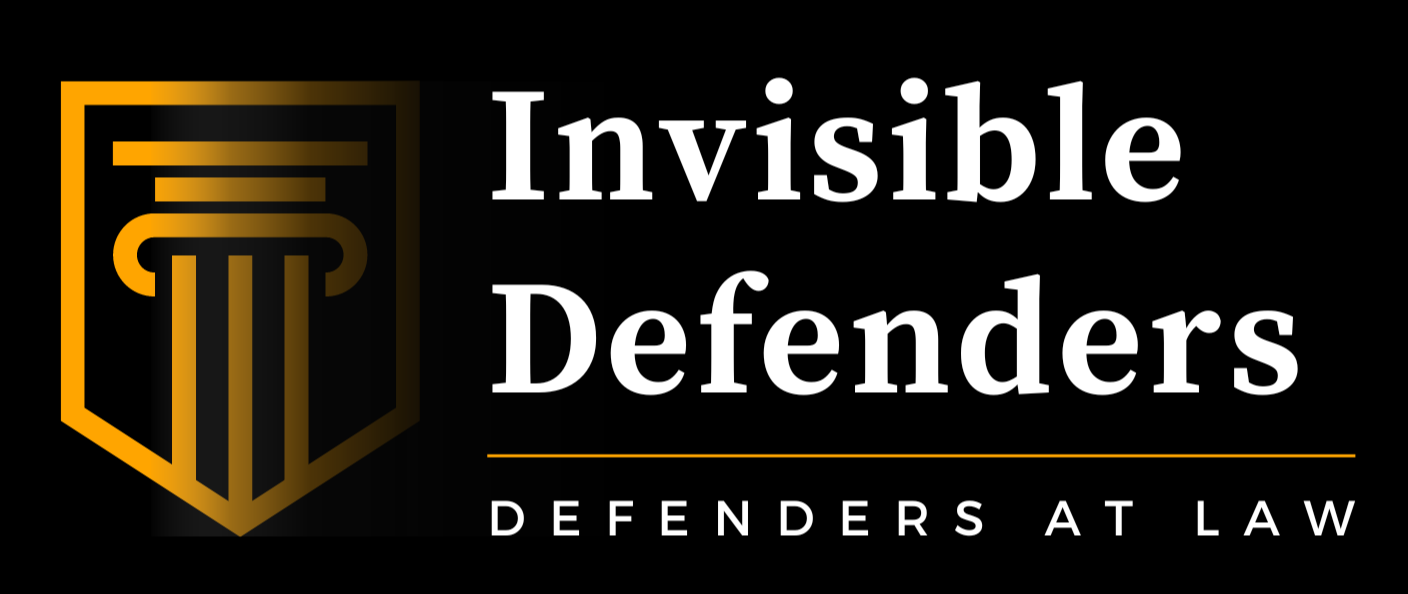
Changing careers and seeking new employment requires a complete overhaul of your resume. However, that doesn’t mean you have to start from scratch. Most of the information you have collected during your career is still relevant, and you can use it to re-craft your resume. Use these resume-writing tips for changing careers to create a document tailored to your field, with helpful tips highlighting your accomplishments.
1. Include start and end dates
Are you thinking about changing careers? Are you wondering how your resume should look? Between your new job and your old one, there will be a lot of dates to keep straight. And, with a career change, it’s important to disclose those dates on your resume. There are two parts to that concern: the beginning and the end. Potential employers need to know what you were doing and what your gaps mean (if you have any), so get your dates straight.
2. Use keywords
If you want to change careers, your resume must reflect the shift. Use the keywords from the new job, but be sure to give enough insight into your past work history. For example, if you are applying for a job at a tech company, including time working in an IT department. They will search the keywords in your resume relevant to what they are looking for.
3. Avoid “job hopping”
Changing careers can be difficult, both in terms of finances and in terms of job-searching. However, there are ways to make that process easier. One of the most important things to remember is that changing careers is not synonymous with job-hopping. Career-changing job seekers who do look like they have been job hopping will need to phrase it as looking for new opportunities and striving to learn and adapt more to changing climates. You may be looking at this new job as your ’forever’ career, so you want to prove to them that you will not just up and leave.
4. Include information about your key accomplishments
Changing careers can be scary, but it’s exciting too. When faced with a new career, your resume needs to demonstrate your newly gained knowledge and skills. Highlight your key accomplishments and skills by highlighting your brief summary of your previous career. Include your job titles and the company you worked for. Your resume must show that your new career is the best fit.
5. Include experience relevant to the new career
Job seekers often find themselves with career or job changes. This calls for a change in resume content and format. A resume is not only an opportunity to show your skills in a new field but also an opportunity to highlight the experiences you have gained in your old career that are relevant to your new career. There will always be something you used to do that you can apply to your new career, skills are adaptable.
How Do You Say You Are Changing Careers?
Ever notice that when your friends and family are talking about their new jobs, they don’t preface it with something like, “I’ve changed my career path.” Why not? Changing your career can be a mixed bag. There are those who revel in the opportunity to start fresh, but now that they’re on the other side, they feel stuck and unsure of what to do next, they may want to keep it to themselves until they feel like they have firmer footing. For these people, it’s hard to find a way to achieve the same career stability they enjoyed before, so it can leave them uneasy.
Deciding to change careers is a big decision. In addition to changing everything you think about yourself, you will also be changing jobs, finding a new place to live (potentially), and deciding on a new career path. While it is always important to do your research before jumping in headfirst, you still need to know how to answer those basic but important interview questions.
Are You Ready for a Career Change?
A career change can be exciting—especially when you’re tired of doing the same thing day in and day out. Changing careers can be a great way to gain a new appreciation for your profession or seek out new challenges. But before you quit your job and plunge into the job market, it might be worth it to sit down and polish your career objective on your resume. A good career objective lets hiring managers know exactly why you’re looking for a new role and sets you apart from the masses.
Changing careers can be challenging, and a resume is your opportunity to turn your experience and values into a strong selling point. When changing careers, you want to demonstrate that you are qualified for your new position; ideally, your resume will show how your skills and experience translate across industries. The formula is similar whether you’re changing careers or moving into a new field.
A new career can be daunting, but with the right tools anyone can make this transition an important and beneficial one for their future. Take your time with your resume and make sure you are not missing out anything important. If you need to hire a writing service then do so, but read it thoroughly.
